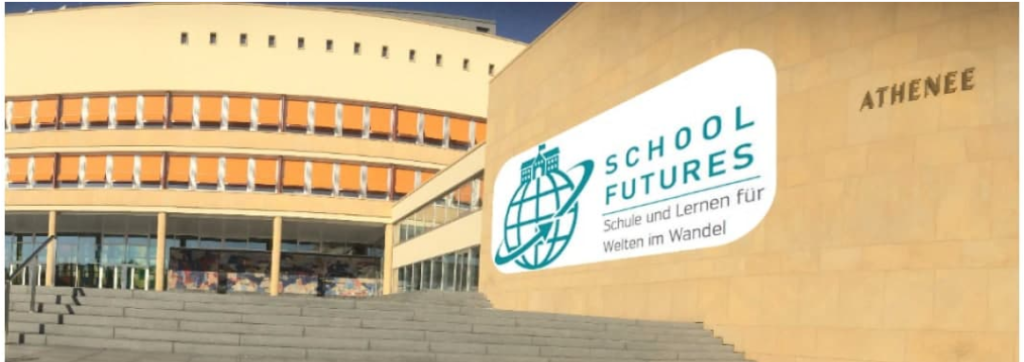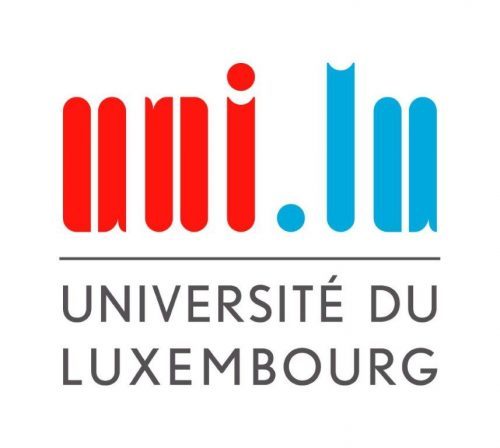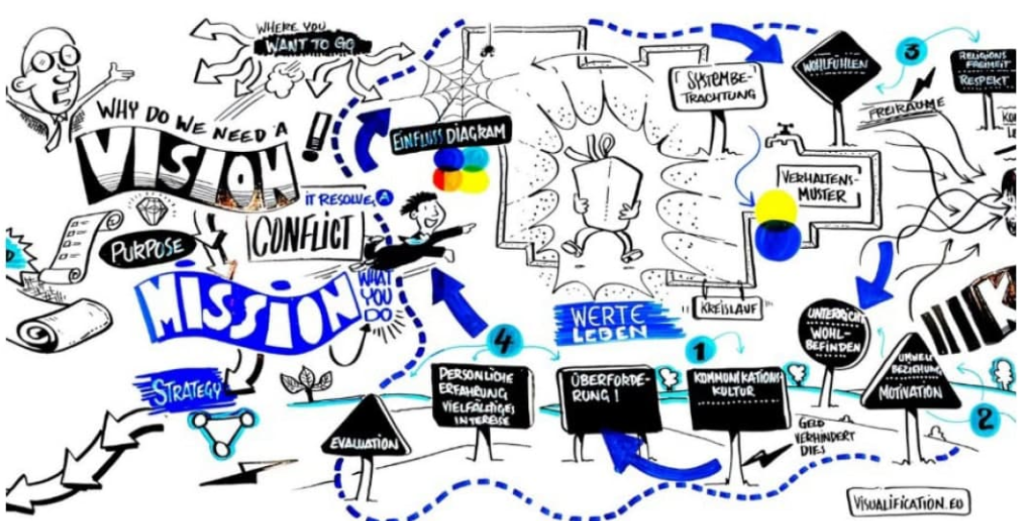Das SCHOOL FUTURES Team der Uni.lu freut sich darüber, über die folgende Publikation informieren zu können. Im Journal des European Court of Auditors (ECA) mit dem Thema Strategy development in a rapidly changing world, in dem auch andere Szenarien-Ansätze präsentiert wurden, findet sich nun auch unser Beitrag SCHOOL FUTURES- using scenario approaches to inform transformation initiatives in the Luxembourg school system. In dem Artikel teilen Ariane König, Ciaran McGinley, Bo Manuel Raber, Francis Schartz und Gerard Drenth ihre Erkenntnisse und Erfahrungen aus der Zusammenarbeit mit dem Athénée.

SCHOOL FUTURES – using scenario approaches to inform transformation initiatives in the Luxembourg school system
Abstract: Alternative, plausible, but challenging visions of the future – called scenarios – help us to explore the future today, to familiarise ourselves with a ‘systems thinking’ approach, and to strengthen our ability to address the uncertainties of tomorrow. This anticipation competency, that also includes a capacity for systems thinking and making normative judgements, is particularly important for younger generations still at school. In Luxembourg, the Education Scenarios Project served to develop a set of national scenarios for education, and the sequel School Futures Project helped to leverage these scenarios in school development processes that engaged students as well as teachers in futureoriented systems thinking. Ariane König, Senior Research Scientist at the University of Luxembourg, Ciaran McGinley, Senior Associate at NormannPartners, Bo Manuel Raber of the University of Luxembourg, Francis Schartz, former president of the Luxembourg National Council for Sustainability, and Gerard Drenth, Senior Associate at Normann Partners, worked with in collaboration with diverse stakeholders in the Luxembourg education system, including with students and teachers from three different schools in Luxembourg. Below they share insights and experiences relating to the scenario approaches used.
Die Publikation finden Sie unter folgendem Link: https://www.eca.europa.eu/Lists/ECADocuments/JOURNAL21_01/JOURNAL21_01.pdf

